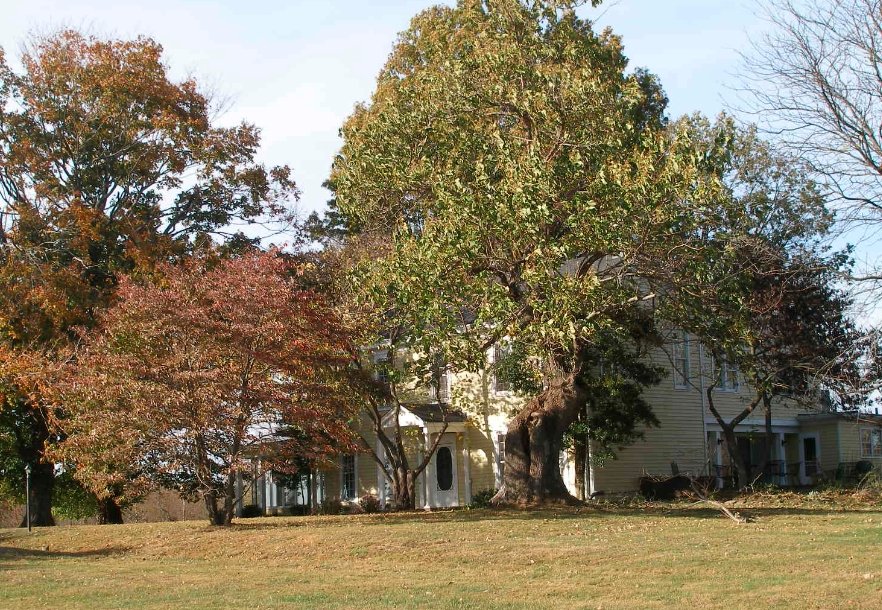The Origins of Hopscotch House
Hopscotch House, with its rambling charm and rich history, was meant to be a haven—a place where creativity could flourish. Sallie Bingham, an accomplished author, playwright, poet, feminist activist, and philanthropist, generously donated the house to the Kentucky Foundation for Women in the 1980s. Her vision was to provide a nurturing environment for women to create, connect, and find inspiration.

The Foundation’s Dilemma
Over the years, Hopscotch House has hosted countless artists, writers, and thinkers. Its walls have absorbed stories, laughter, and the quiet hum of creativity. But now, faced with financial challenges and shifting priorities, the Kentucky Foundation for Women has decided to sell the property. This decision has ignited a legal battle—one that pits the foundation’s fiduciary responsibilities against the legacy of Sallie Bingham’s generosity.
The Clash of Visions
At the heart of the dispute lies a clash of visions. The foundation argues that selling Hopscotch House will allow them to better serve their mission by redirecting funds toward grants and programs. Bingham, however, sees the house as more than a financial asset. To her, it represents a commitment to women’s voices, artistic expression, and the power of place.
The Uncertain Future
As the courtroom drama unfolds, the fate of Hopscotch House hangs in the balance. Supporters on both sides watch anxiously, torn between pragmatism and sentimentality. What will become of this historic farmhouse, where dreams were woven into words and art? Only time—and the legal system—will reveal the final chapter in this complex tale.

Comments